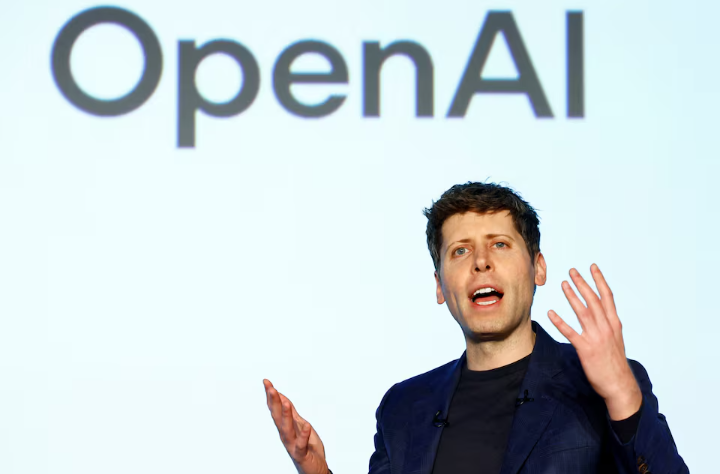OpenAI and Elon Musk have agreed to expedite their legal battle over OpenAI’s transition to a for-profit model. This move marks the latest development in the high-stakes feud between the world’s richest person and OpenAI CEO Sam Altman, a conflict that has played out both in court and in public.
A recent federal court filing revealed that both parties proposed the fast-tracked trial in December 2024. While they have yet to determine whether a judge or jury will decide the case, the U.S. District Court for the Northern District of California has scheduled the trial for this autumn. This decision follows the judge’s recent ruling, which denied Musk’s request to halt OpenAI’s for-profit transition but granted an expedited hearing.
Why Is Musk Suing OpenAI?
Elon Musk, who co-founded OpenAI alongside Altman in 2015, parted ways with the company before it gained prominence. He later launched his own AI startup, xAI, in 2023. Last year, Musk sued OpenAI and Altman, accusing them of deviating from OpenAI’s original mission—to develop artificial intelligence for the benefit of humanity rather than for corporate profit.
Musk argues that OpenAI’s shift towards commercialization contradicts its founding principles, especially as it seeks massive funding rounds. He also alleges that Altman’s leadership prioritizes business interests over OpenAI’s nonprofit roots.
OpenAI’s Defense: Profit for Progress?
In response, OpenAI and Altman have denied Musk’s claims, countering that the legal action is an attempt to slow down a competitor. OpenAI has maintained that its transition to a for-profit structure is essential for securing investments necessary to remain competitive in the AI industry.
The company’s recent funding activities reinforce this argument. OpenAI closed a $6.6 billion funding round last year and is currently in discussions with SoftBank for an additional $40 billion. However, these investments require OpenAI to restructure and reduce nonprofit control, a move that Musk vehemently opposes.
Musk’s Takeover Attempt Rejected

Adding another layer to the dispute, Musk recently attempted a takeover of OpenAI. A consortium led by the Tesla and SpaceX CEO reportedly made an unsolicited $97.4 billion offer to acquire the AI giant. However, Altman swiftly rejected the proposal with a straightforward “no, thank you.”
The ongoing legal battle highlights the broader tension within the AI industry—between innovation fueled by massive investments and ethical concerns over AI development. With a fast-tracked trial now set, the outcome could have far-reaching implications for the future of artificial intelligence and corporate power dynamics in the sector.
What’s Next?
With the trial set for later this year, the case could significantly impact OpenAI’s trajectory and the AI landscape as a whole. If Musk succeeds, OpenAI may face stricter limitations on its profit-driven initiatives. On the other hand, if Altman prevails, it could cement OpenAI’s position as a dominant force in AI, free to pursue large-scale investments and partnerships.
As the tech world watches closely, one thing is clear—this battle is far from over.



